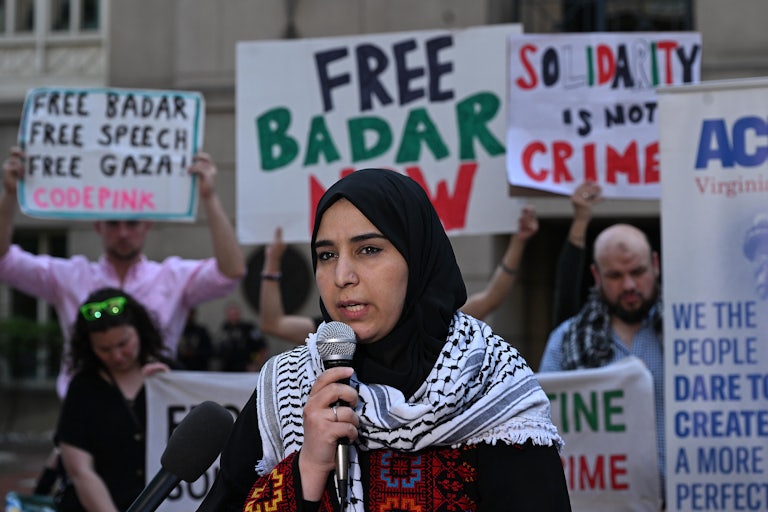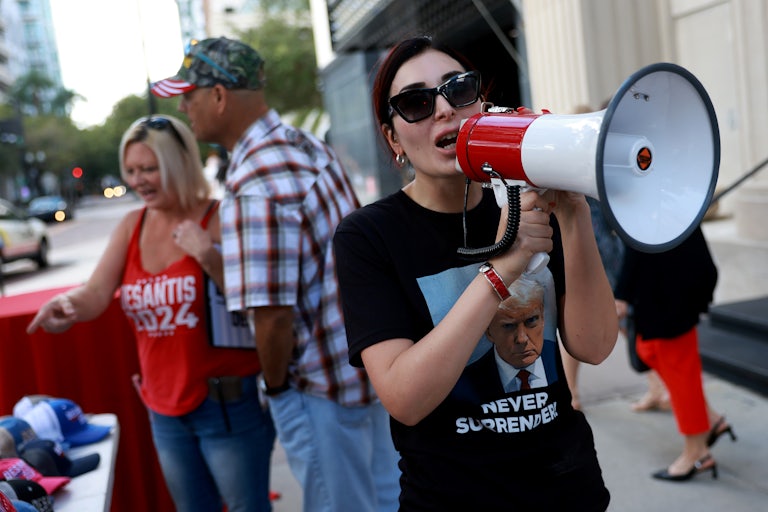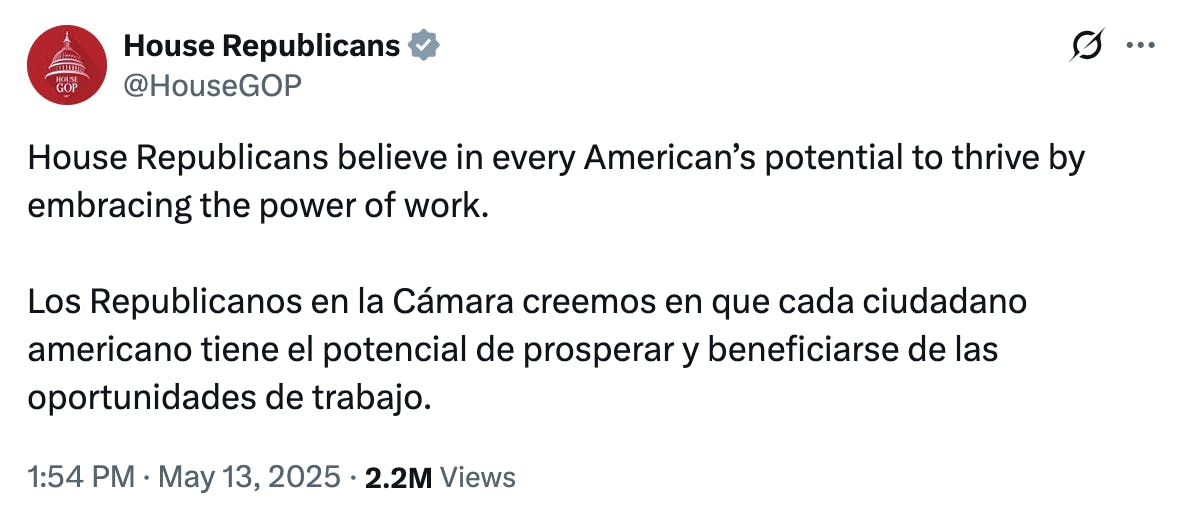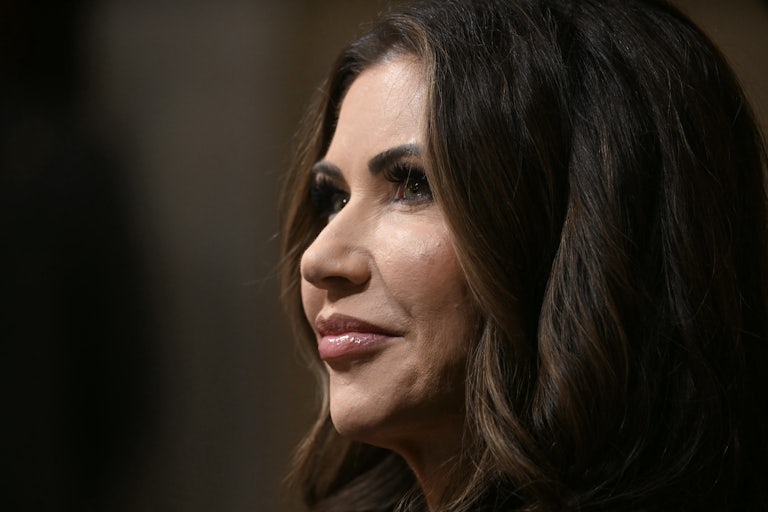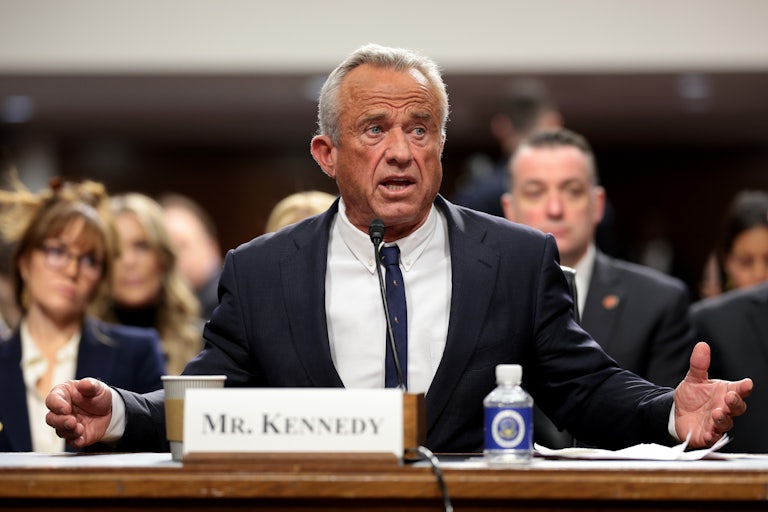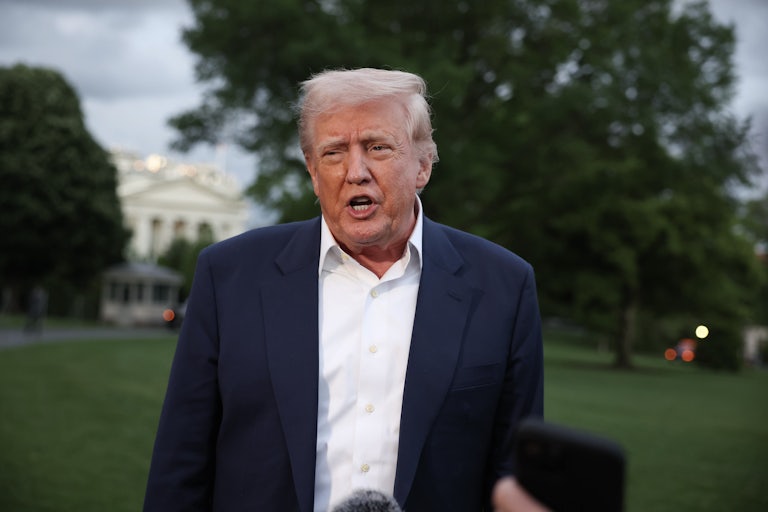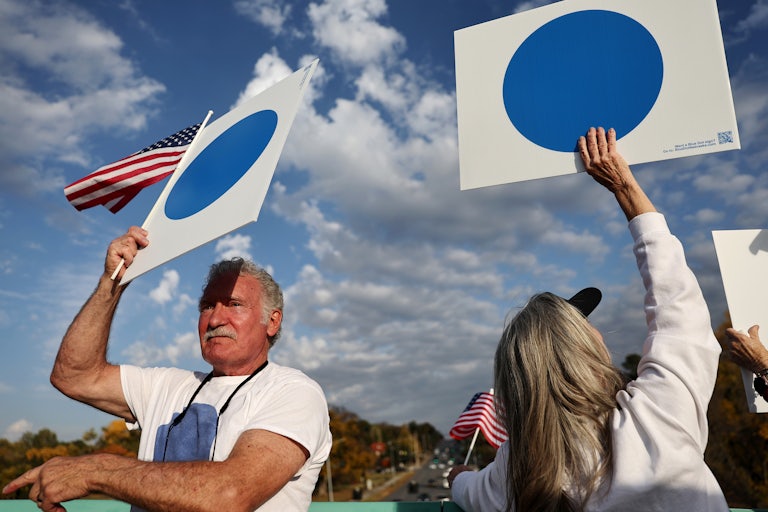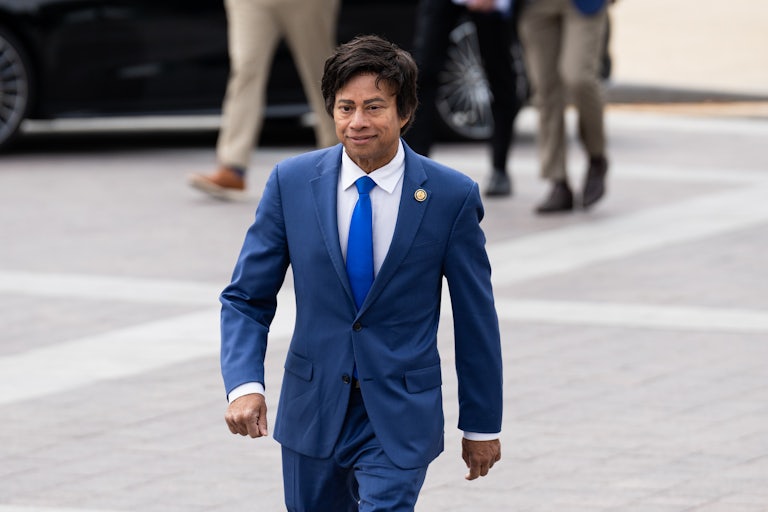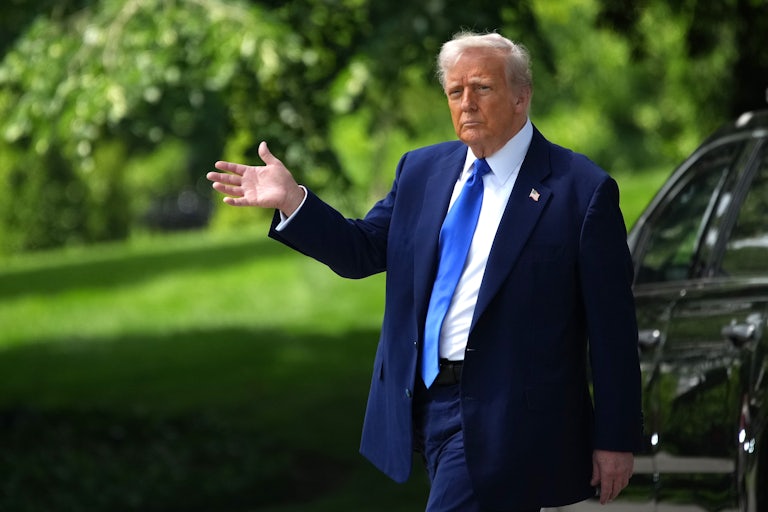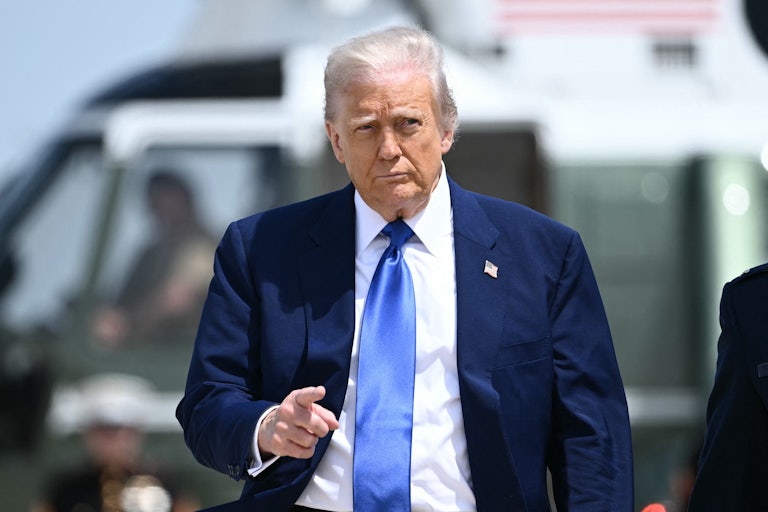A federal judge on Wednesday ordered the release of Georgetown scholar Dr. Badar Khan Suri, who was illegally detained in March.
U.S. District Judge Patricia Tolliver Giles in Virginia ordered Suri to be released immediately from a detention facility in Texas where he’d been held for two months,
saying that it was in the public interest to end the chilling of free speech caused by his detainment.
The Trump administration had
alleged that Suri was “spreading Hamas propaganda and promoting antisemitism on social media,” and targeted him for having “close connections to a known or suspected terrorist, who is a senior advisor to Hamas,” referring to his father-in-law Ahmed Yousef, who was previously an adviser to Hamas leader Ismail Haniyeh more than a decade ago.
Like other non-citizen students targeted by the Trump administration, the government has levied vague assertions that Suri was a threat to U.S. foreign policy interests.
The petition for release filed by his lawyers suggested that he was more likely targeted because of his marriage to Mapheze Saleh, a U.S. citizen. In a statement in April, Suri
said he had “never even been to a protest.”
Giles
said that the government had provided no additional evidence to refute Suri’s claims that he was being unconstitutionally punished for his speech and his marriage.
“The First Amendment extends to noncitizens, as it makes no distinction between citizens and noncitizens,” Giles said.
Giles
said that statements criticizing U.S. support for Israel’s military campaign in Gaza or expressing support for Palestinians “do not appear to qualify as incitement, defamation, obscenity, or true threats of violence.”
Suri’s release represents the latest defeat for the Trump administration’s crackdown on the free speech of immigrant students. Last week, a federal judge ordered the release of Tufts University doctoral student Rümeysa Öztürk,
finding that she had made “substantial claims” that her constitutional rights had been violated. Late last month, another judge ordered the release of Columbia student Mohsen Mahdawi,
writing that his student activism was protected by the First Amendment.
This story has been updated.
